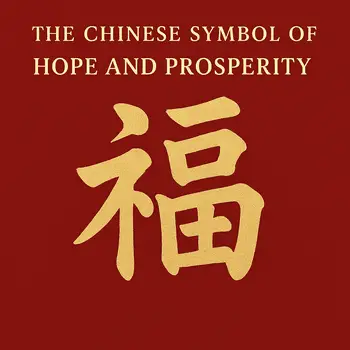
China’s work culture represents a unique fusion of traditional values and modern business practices.
This guide provides practical insights for professionals planning to work or do business in China, based on current research and first-hand experiences.
The Foundation: Hierarchy and Authority
Traditional Hierarchy in Modern Context
Chinese workplace hierarchy remains deeply influenced by Confucian values, emphasizing respect for authority and seniority.

Practical Examples:
- Junior employees typically address seniors with titles (e.g., “Director Wang” or “Manager Li”)
- Important decisions require approval from multiple management levels
- Meetings follow strict seating arrangements based on rank
Regional Variations
The degree of hierarchical adherence varies significantly:
- Tier-1 cities (Beijing, Shanghai): Generally more flexible
- Traditional state-owned enterprises: Strictly hierarchical
- International companies: Hybrid approaches
Communication Dynamics
High-Context Communication
Chinese workplace communication emphasizes indirect messaging and context interpretation.
Research from the International Journal of Cross-Cultural Management1 highlights that understanding these nuances can reduce workplace conflicts by up to 60%.
Key Communication Principles:
- Avoid direct confrontation
- Pay attention to non-verbal cues
- Use appropriate honorifics
- Consider timing and setting for sensitive discussions
Work-Life Balance: Evolution and Challenges
The “996” Phenomenon and Recent Changes
While the “996” work schedule (9 AM to 9 PM, 6 days/week) gained notoriety, recent developments show a shift:
- 2021 Supreme People’s Court ruling declared “996” illegal1
- Growing emphasis on work-life balance in younger generations
- Implementation of “5+2” working hour systems in many companies
Industry Variations:
- Technology sector: Still intense schedules
- State-owned enterprises: More regulated hours
- International firms: Generally better work-life balance
Building and Leveraging Guanxi
Modern Applications of Traditional Networks
Guanxi (关系) remains crucial but has evolved in the digital age.

A 2024 McKinsey report1 indicates that 65% of business success in China still depends on relationship networks.
Practical Ways to Build Guanxi:
- Participate in team activities
- Accept and return social invitations
- Remember important Chinese festivals
- Use professional social networks (e.g., WeChat Work)
Innovation and Adaptation
Balancing Tradition with Technology
China’s rapid technological advancement has created a unique workplace dynamic:
- Digital transformation initiatives in 87% of companies1
- Integration of AI and automation in traditional industries
- Emphasis on continuous learning and skill development
Practical Tips for Foreign Professionals
Navigation Strategies
- Language and Cultural Training
- Basic Mandarin proficiency
- Understanding of business etiquette
- Cultural sensitivity training
- Professional Integration
- Join industry associations
- Attend networking events
- Participate in company social activities
- Legal Awareness
- Understand labor contracts
- Know your rights and obligations
- Stay informed about regulatory changes
Official Sources:
Note: This guide is regularly updated to reflect the latest developments in Chinese workplace culture. For specific industry or regional information, please consult local business associations or chambers of commerce.


